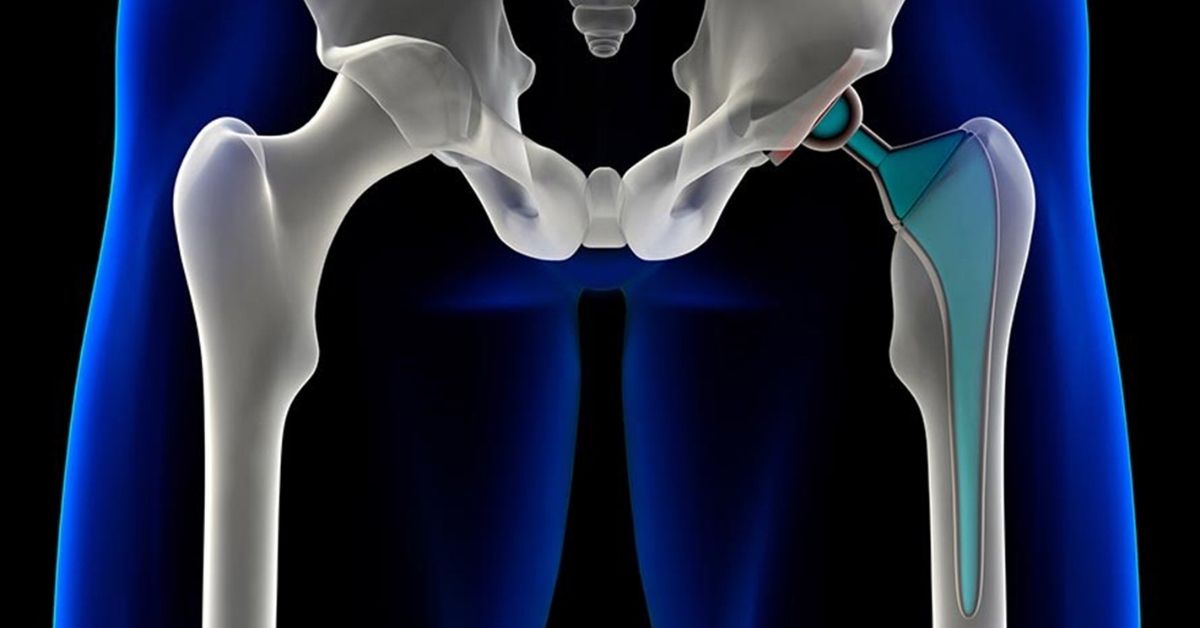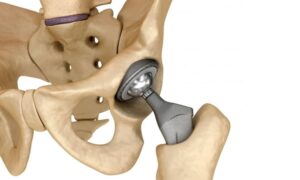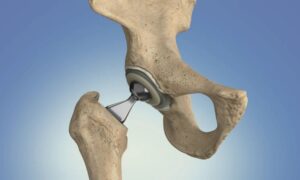
Kalça eklemindeki aşırı hasar, hareket kısıtlılığına yol açabilir. Hip replacement surgery, bu sorunun çözülmesi için uygulanan bir yöntemdir. Operasyon, zarar gören birleşimin yerine yapay bir birim takılmasını kapsar. Bu işlem, ağrıyı azaltır ve hastanın daha rahat hareket etmesini sağlar. Ameliyat sonrası bedensel rehabilitasyon, iyileşmeyi hızlandırır.
Kalça Protezi Cerrahisi Kimler İçin Uygundur?
Kalça eklemindeki aşırı hasar, genellikle yaşlı bireylerde görülen bir durumdur. Ancak genç yaşta da travmalar veya bazı hastalıklar nedeniyle bu durum gelişebilir. Çoğunlukla, birleşimdeki yoğun sızı ve hareket kısıtlaması, tedavi için operasyonel müdahale gerektirir. Bu tür problemler, yaşam standartlarını etkileyebilir. Bu sıkıntılar, ilerledikçe günlük işleri zorlaştırabilir.
Osteoartrit, yaşla birlikte gelişen bir durumdur ve eklemdeki kıkırdakların aşınması sonucu ortaya çıkar. Bu durum, eklemdeki ağrıyı arttırır ve hareketi zorlaştırır. Bu tür rahatsızlıklar, yaşlı bireylerde daha sık görülür, ancak genç yaşta da etkili olabilir. Bunun yanı sıra, birleşimdeki aşırı baskı ve yıpranma, kalça birliğinde bozulmaya neden olabilir. Bu durum, zamanla daha fazla acıya yol açar ve hip replacement gerektirebilir.
Travmalar, kazalar veya düşmeler nedeniyle kalça ekleminde hasar meydana gelebilir. Atletler, bu tip zedelenmeler sebebiyle erken yaşlarda operasyonel müdahale alabilir. Eklemdeki kırıklar veya çıkıklar, uzun süre tedavi edilmediğinde kalıcı hasar bırakabilir. Bu tür durumlar, eklemdeki hareketliliği kısıtlar ve yaşam kalitesini olumsuz etkiler.
Bunun dışında, kalça eklemi ile ilgili bazı genetik hastalıklar da cerrahi müdahaleyi gerektirebilir. Genetik faktörler, eklem anormalliklerine ve ilerleyici hastalıklara yol açabilir. Kalça eklemindeki aşırı zedelenmeler, tedavi edilmezse karmaşık sorunlara yol açabilir. Bu durumlar, genellikle cerrahi müdahaleyi gerektirir.
Kalça Protezi Cerrahisi İçin Hangi Testler Yapılır?
Ciddi kalça hasarlarında cerrahi öncesi test yapılmalıdır. Bu testler, cerrahinin güvenliğini sağlamak ve hastanın iyileşme sürecini en iyi şekilde yönetmek için önemlidir. İlk olarak, fiziksel muayene yapılır. Uzman, bireyin birleşimindeki esnekliği, acıyı ve diğer belirtileri inceler. Bu muayene, cerrahinin gerekli olup olmadığına karar vermek için bir temel oluşturur.
Bunun dışında, x-ray gibi görselleştirme incelemeleri de sıklıkla tercih edilir. X-ray, kalça birliğindeki zararları, kıkırdak yıpranmasını ve diğer düzensizlikleri ortaya koyar. Bu test, eklem durumunu belirleyip cerrahinin gerekliliğini değerlendirir. Röntgen, hastanın durumu hakkında görsel bir fikir verir ve cerrahiye karar verme sürecini kolaylaştırır.
Bazı durumlarda, manyetik rezonans görüntüleme testi de yapılabilir. MRG, eklemin yumuşak dokularını daha ayrıntılı bir şekilde gösterir. Bu inceleme, özellikle kıkırdak ve bağ dokusundaki tahribatın analizinde kullanılır. MRG, x-ray’in yetersiz olduğu durumlarda hip replacement gerekliliğini belirlemede önemlidir.
Kan testleri, cerrahiden önce yapılan bir diğer önemli testtir. Bu testler, hastanın genel sağlık durumunu değerlendirir ve enfeksiyon riskini göz önünde bulundurur. Kan pıhtılaşma seviyesini değerlendirmek, cerrahi tehlikeleri azaltmak için önemlidir. Kan testleri, hastanın cerrahiye uygun olup olmadığını belirlemek için önemli bir göstergedir.
Kalça Protezi Cerrahisi Sonrası İyileşme Süreci Ne Kadar Sürer?
Kalça birliği operasyonu sonrası toparlanma dönemi, genellikle birkaç hafta ile birkaç ay arasında farklılık gösterir. İlk birkaç gün, bireyler hastanede kalır ve acı kontrolü yapılır. Cerrahi müdahale sonrası, eklemdeki iltihap ve şişlik normaldir. Bu dönemde hastaların dinlenmesi, eklemi zorlamamaları önemlidir. İlk günlerde istirahat tavsiye edilir, fakat hafif hareketler yapılabilir.
İlk birkaç hafta içinde, hastalar fiziksel terapiye başlar. Bu, birleşimi kuvvetlendirmek ve esnekliği artırmak için yapılır. Fiziksel terapi, kalça protezi cerrahisi sonrası iyileşme sürecini hızlandırır. Egzersizler, kasları kuvvetlendirerek yeni eklemle uyum sağlanmasına yardımcı olur. Ayrıca, hareket kabiliyetinin artması için tedavi süreci boyunca düzenli olarak yapılmalıdır.
İlk ayın ardından, hastalar günlük aktivitelerini daha bağımsız bir şekilde yapmaya başlarlar. Ancak, ağır kaldırma ve yoğun fiziksel aktivitelerden kaçınılması gerekmektedir. Hastaların, fiziksel terapist rehberliğinde egzersiz yapması önemlidir. Uzman tavsiyelerine uymak, toparlanmayı hızlandırır ve sorunları azaltır.
Toparlanma dönemi, genellikle 2-3 ayda tamamlanır. Tam iyileşme için 6 ay ile 1 yıl arasında süre gerekebilir. Bu süre içinde, birleşimdeki esneklik ve sağlamlık artar. Egzersizler devam ettikçe, hastalar daha fazla hareket özgürlüğüne sahip olur. Hoşnut kalmak, sürecin etkili bir şekilde sonlanmasına katkı sağlar.
Kalça Protezi Cerrahisi Sonrası Hangi Aktivitelere Dikkat Edilmelidir?
Cerrahiden sonra, iyileşme sürecini hızlandırmak için dikkat edilmesi gereken bazı aktiviteler vardır. İlk haftalarda, hastaların dinlenmeye ve aşırı hareketten kaçınmaya özen göstermesi önemlidir. Özellikle diz üstü oturmak veya dizin bükülmesi gibi aktivitelerden kaçınılmalıdır. İlk günlerde, yürümek için yardımcı cihazlar kullanmak, ekleme fazla yük binmesini engeller. Bu süreçte, fazla yük taşıma veya ani hareketlerden sakınılmalıdır.
İlk birkaç hafta içinde, hafif yürüyüşler önerilir. Yürüyüşlerin zamanı ve hızı, uzman tavsiyelerine göre ayarlanmalıdır. Aksi takdirde, eklemde aşırı baskı oluşabilir ve iyileşme süreci gecikebilir. Bunun yanı sıra, fiziksel etkinliklerden uzak durulmalı ve yalnızca uzman onayıyla hareket yapılmalıdır. Ağırsız bir şekilde yürümek, kasların güçlenmesine yardımcı olur, ancak aşırıya kaçılmamalıdır.
Egzersizlerin yanı sıra, otururken veya yatarken eklemdeki pozisyona dikkat edilmelidir. Bacakları çapraz yapma veya aşırı eğilme, toparlanmayı olumsuz etkileyebilir. Ayrıca, eğilerek veya yere otururken dikkatli olunmalı, eklem üzerinde fazla baskı yaratmaktan kaçınılmalıdır. İyileşme sürecinde, doğru pozisyonu almak önemlidir.
Hip replacement surgery sonrası iyileşme sürecinde dinlenme, hafif yürüyüşler ve doğru oturuş önemlidir. Ağır aktivitelerden kaçınılmalı ve doktor önerilerine uyulmalıdır. Bu önlemler, komplikasyonları engeller ve hastanın doğru şekilde iyileşmesine yardımcı olur. Hoşgörülü olmak, sürecin verimli tamamlanmasına yardımcı olur.



